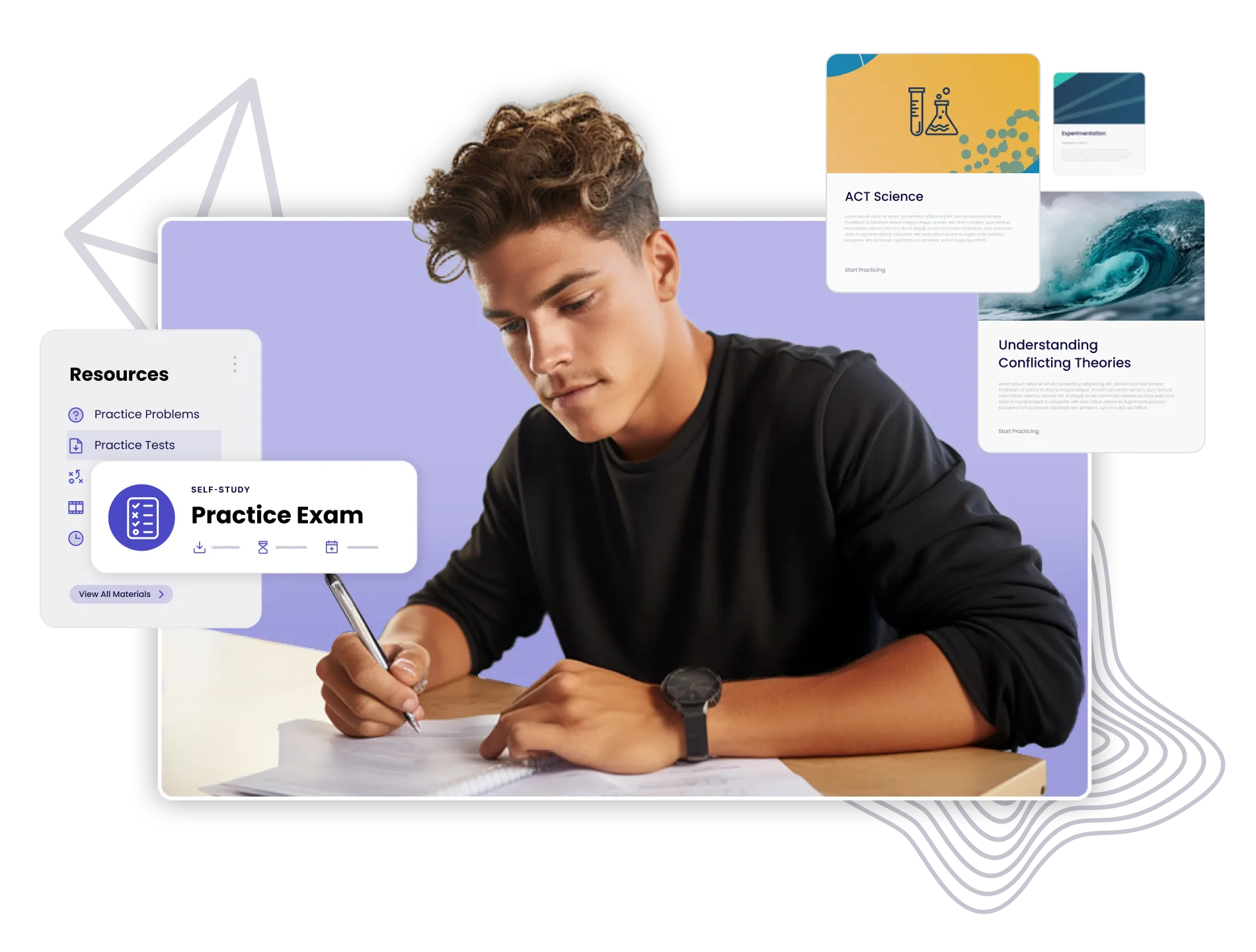How & Why To Build Strong Relationships with Professors

The path to success in higher education is often paved with more than just good grades and academic prowess. One of the most valuable resources available to college students is the opportunity to build meaningful relationships with professors–after all they’re not only subject matter experts in the topics you’re studying but also tend to be well-connected with others in the field. As you embark on a new semester, let’s take a look at how developing connections with professors can help you get the most out of your experience in school and set you up for success beyond.
The Significance of Professor-Student Relationships
Professors can add a great deal more to your college experience than merely their lectures, writings, and syllabi. Connecting with them personally helps you get more out of their courses and provides valuable networking for long after the final exam is over. Here’s why you should put in the effort to build these relationships:
1) Academic Support and Guidance
Professors are not just dispensers of knowledge but mentors who can guide students through their academic journey. By building a rapport with professors, students gain access to valuable insights, personalized feedback, and academic support. Beyond just their own course curriculum professors can offer guidance on course selection, research opportunities, and even potential career paths. And within the course, it’s a nice study aid to have the person who wrote the final taking an interest in making sure you understand the concepts that will appear on it.
2) Recommendation Letters
As you plan for life after college, you’ll undoubtedly need recommendation letters for internships, graduate school applications, or scholarships. And the best recommendations come from credible recommenders who can speak to direct personal experience with the applicant (in other words, something far better than a rubber-stamped form letter). Having professors who know you well helps ensure that you have impressive people willing to write for you in the first place and that they can write a compelling letter that adds value to your application.
3) Research and Career Opportunities
Whether your goal is to stay in academia or set out on a corporate career, your professors can open a lot of doors for you. Professors often enlist motivated students to assist with research projects, which builds practical experience as well as a coveted line item on a resume. Professors are typically well-connected with other academics in the field and can help you find research and graduate school opportunities, and with alumni who were once as proactive as you and are likely in enviable professional positions.
Did you know?
With guided study halls and live tutor chat, Learning Memberships offer study support for all of your midterm and final exam needs. When your professor’s office hours are crazy, you’ve got other avenues for quick, expert help.
Practical Advice for Building Strong Relationships with Professors
Okay, so getting to know your professors can certainly add value to your college experience. But how? Lecture halls can be large, and professors have research and administrative work to do, too. How can you get their attention and build a relationship that helps you through the semester and beyond? Here are some strategies:
1) Attend Office Hours
For most courses, only a small fraction of the students in the lecture hall ever attend office hours–at least outside of the study crunch before midterms and finals. So if you make it a point to attend office hours regularly, even if it's just to introduce yourself and express your interest in the course material, professors will get to know you and appreciate your interest in the subject and proactive nature as a student.
2) Participate Actively in Class
Just about every teacher thrives on active participation: if they ask a question, they’re hoping someone will answer, and if they leave time for questions, they’re grateful that someone asks. So when you contribute to class discussions, professors not only notice your enthusiasm and dedication to the subject matter, they also genuinely appreciate that you’re helping to foster an interactive classroom environment for everyone.
3) Express Genuine Interest
Professors have dedicated their lives to the subjects you’re studying with them: they find those topics fascinating and appreciate students who share that interest with enthusiasm. If you ask questions and make comments beyond “will this be on the midterm” and “is the final cumulative?” you’ll make a very positive impression.
4) Be Respectful and Professional
A good public speaker knows to try to make eye contact with the audience–which means that professors tend to notice who’s texting, dozing off, or showing up late. And by the same token, they tend to notice who’s attentively taking notes, deeply thinking about the material, and being cordial to everyone in the class, too. Professionalism, good manners, and friendly courtesy (e.g. a friendly “good morning” when you enter the room or see them on campus) can go a long way.
5) Be Proactive
The student-teacher relationship is dramatically different from high school to college: in college you meet less frequently and class sizes tend to be a good deal larger. So professors aren’t likely to get to know you or to look out for how you’re doing in a class unless you speak up. So take the initiative to introduce yourself, to reach out if you’re finding class challenging, and to ask about opportunities to collaborate on research projects or professional networking. They likely won’t know if you don’t ask!
And be proactive early in the semester, too. Every professor gets swarmed with requests for help in the days before exams and with requests for recommendations when grad school applications heat up. And it’s easy to get worn down by loads of late-stage, transactional requests. If you introduce yourself and your interest in the subject early in a semester and then visit office hours well before an impending exam or deadline, professors generally see you in the most positive light: a proactive student, highly interested in the subject matter, who’s friendly and cordial to them as a person and not just a professor. That’s the winning formula to building relationships.
Conclusion
Your professors can add a lot more value to your education and professional aspirations than as just a lecturer, grader, and form-letter recommender. But it’s up to you to proactively seek out that type of mentorship. By actively engaging with professors, expressing genuine interest in their subjects, and demonstrating both respect and courtesy, you can take full advantage of having a well-connected, highly-expert professor looking out for your best interests. So start early.

